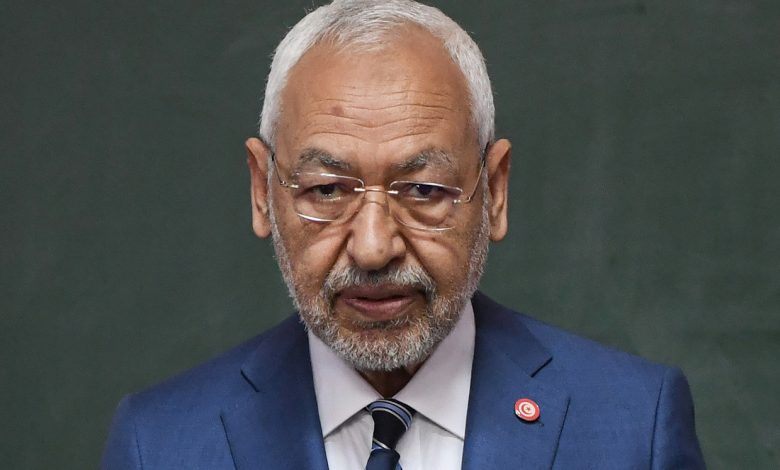Najeh Hajj Latif, Ghannouchi’s hidden arm and the Qatari finance engineer in Tunisia

New information and documents obtained by the defense of the case of the assassination of Chokri Belaid, exploded a hand grenade around the arm of Rached Ghannouchi, the leader of the Ennahdha Movement, the Invisible, and the engineer of obtaining Qatari funds to carry out assassinations and terrorist operations inside Tunisia.
The defense team confirmed that this person is Najeh Hajj Latif, who is close to Ghannouchi, who was before the revolution the agent of a textile company in Tunis, but was later expelled.
Who is Ghannouchi’s arm?
Najeh Hajj Latif worked as a supervisor for a British textile company in Tunisia, but he was expelled in 2010, before the Jasmine Revolution, while he maintained his account in the company after his expulsion and heads an association loyal to Ennahdha called Namaa Association in Tunisia.
Although he was one of Ghannouchi’s closest associates, he was careful to be away from the media in order to ensure the success of his mission and obtain funding from abroad.
He used the company’s account and his personal account to inject large sums of money into them from the Qatari Amiri Diwan, without any payment for goods or services, according to the documents circulated.
Huge sums of money and relations with Qatar
Najeh received 30 million euros through his accounts, which are then taken in cash from Qatar. They are then transferred to Tunisia, where they are entered through the protocol hall at Tunis Carthage Airport in cash and then disbursed outside state control.
Najeh Hajj Latif, who frequently met with Qatari diplomats, once met with the governor of the Central Bank of Tunisia, Chedly Ayari, there to conduct financial transactions under the supervision of Qatari diplomats.
What is the Namaa Association?
The association, headed by Najeh at Ghannouchi’s instigation, is one of the Brotherhood’s main sources of foreign funding, especially since the association, founded in 2011, has put bringing investors to Tunisia as a symbol of its underground work.
The association, headed by Najeh, invited Turks and offered them opportunities to obtain special bids to be stationed in Tunisia.
The documents also revealed successful involvement in the travel of Tunisians to Libya, by confirming that the association is involved in money laundering crimes and supervising the travel to Libya and Syria. In 2013, the association was involved in these crimes, and it was banned from activity and an investigation was opened into its crimes.












